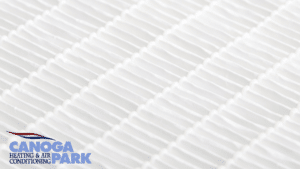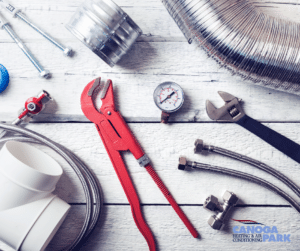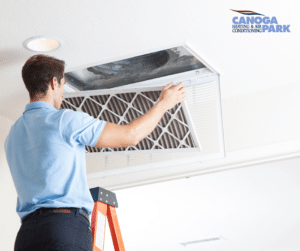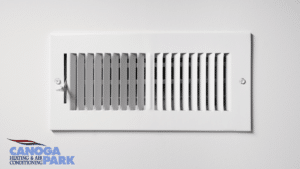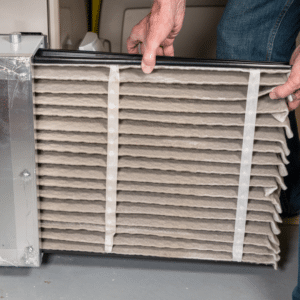
Everything We Know About COVID and Indoor Air Quality
Since Spring 2020, the world has been dealing with COVID-19. We now know that COVID spreads via aerosol, and more homeowners in Los Angeles understand the meaning of the term Indoor Air Quality (IAQ). But we’re all learning as we go here, including scientists and researchers. In our quest to continue learning about the industry and how to best protect our team and customers, we’ve reviewed the latest research and recommendations on the topic of Covid and IAQ. Here’s what we’ve learned: There’s No Silver Bullet: Use Many Methods to Improve IAQ Recent research from the Central Building Research Institute indicates that there is no one, perfect solution for improving IAQ. Instead, the best course of action to improve indoor air quality is using many different methods. Most Los Angeles residents are already familiar with the baseline recommendations. Wearing facemasks, social distancing, and limiting large gatherings are the best ways to keep things safe inside most buildings. One challenge with these recommendations is that it requires every individual to choose to comply. In other words, the quality of everyone’s IAQ depends on… everyone! There are ways to promote great IAQ, regardless of individual choices. These are called “engineering controls” –


